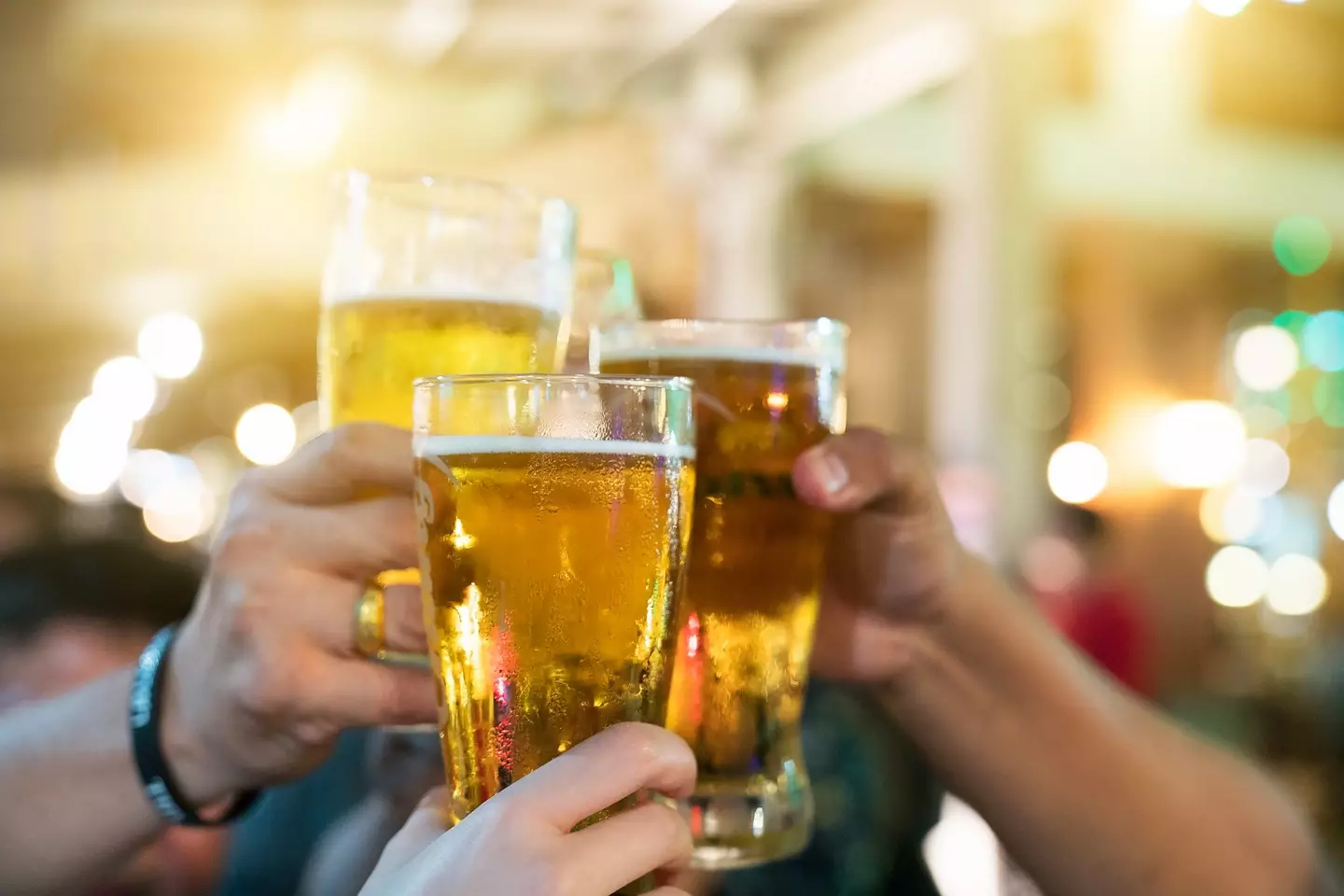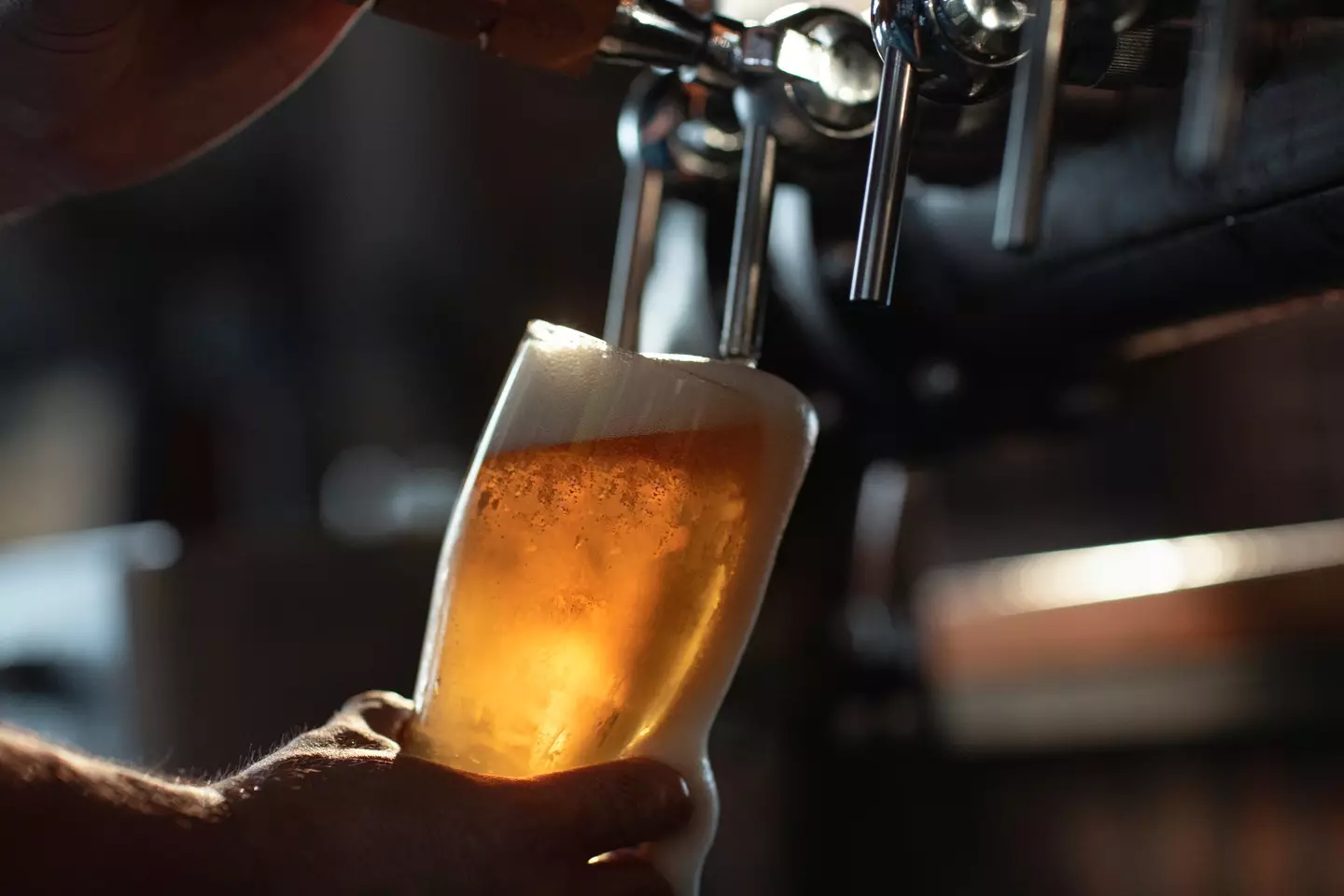
Doctors have issued a fresh warning this festive season about those who are living with an 'anti-alcohol gene' without even knowing.
And in some cases, it is an intolerance that can lead to serious health issues such as breathing problems and heart palpitations.
The Christmas period is known for being one where those who drink might have a few more beverages. Through work parties, meeting up with old friends, celebrating on the big day with friends and family, and then adding in New Year's Eve, the daily booze intake can slowly rise to levels that we know aren't the healthiest.
Research has shown that up to two in three of us will overindulge on the beer and wine, with hangovers ruining far more morning's after than at any other time of year. But for those with an alcohol intolerance, what starts as an enjoyable evening drink can quickly lead to headaches and nausea; symptoms that could easily be mistaken for a bad post-party hangover.
Advert
Anti-alcohol gene explained
Dr Yiannis Mavrommatis, a nutrigenetics expert at MyHealthChecked, has explained which symptoms to look out for and how to find out if you have the 'so-called' anti-alcohol gene, which is known as CYP2E1 in medical circles.
"Symptoms typically start shortly after alcohol consumption, with facial flushing and warmth, headaches and dizziness," Dr Mavrommatis says.
"In more severe cases, this can escalate to nausea and vomiting, heart palpitations and difficulty with breathing."
Testing for an intolerance 'can explain why someone may be experiencing severe symptoms, even though they consume the same amount of alcohol as others', the doc added.
The gene uses enzymes - posh word for protein - to break down ethanol in your body and recover from the substance that temporary poisons your system.

Symptoms of alcohol intolerance
With Christmas and New Year on the horizon, Dr Mavrommatis explains why drinkers might suffer with an alcohol intolerance, and how to manage symptoms.
"Our body breaks alcohol down to acetaldehyde, which is toxic to humans, and needs to be eliminated," he says.
"An enzyme called aldehyde dehydrogenase (ALDH) is responsible for eliminating ALDH. In most people, the gene that is responsible for the production of ALDH is correct and the toxin is cleared efficiently.
"In some people however, there is a variation in the gene, which results in a defective form of the enzyme, and accumulation of acetaldehyde."

Drinking with an alcohol intolerance
For those who have a intolerance to booze, there are a few steps you can take to help your body recovery if you still intend on having a tipple.
Dr Mavrommatis says: “Make sure that you follow a balanced diet, avoid stress and sleep well.
"When you want to drink alcohol make sure that you are well-hydrated, eat before you drink and, of course, avoid consuming excessive amounts of alcohol.”
Nutritionist and expert in nutrigenetics at MyHealthChecked, Isabela Ramos, said that you're likely to experience worse symptoms if you drink spirits such as whiskey, rum, and vodka, due to their higher alcohol concentration. This 'can exacerbate symptoms due to the increased ethanol that needs to be metabolised', she says.

"Some wines and beers, particularly red wines and certain craft beers, contain higher levels of congeners, which are byproducts of fermentation that can worsen symptoms, Ramos adds.
One of the best ways to go ahead with having an alcoholic drink is to mix it up with non-alcoholic drinks to reduce the alcohol in your body and give it time to start recovering in real time. It goes without saying that alcohol-free options are the best for your health.
Topics: Christmas, Alcohol, Food And Drink, Health, Lifestyle